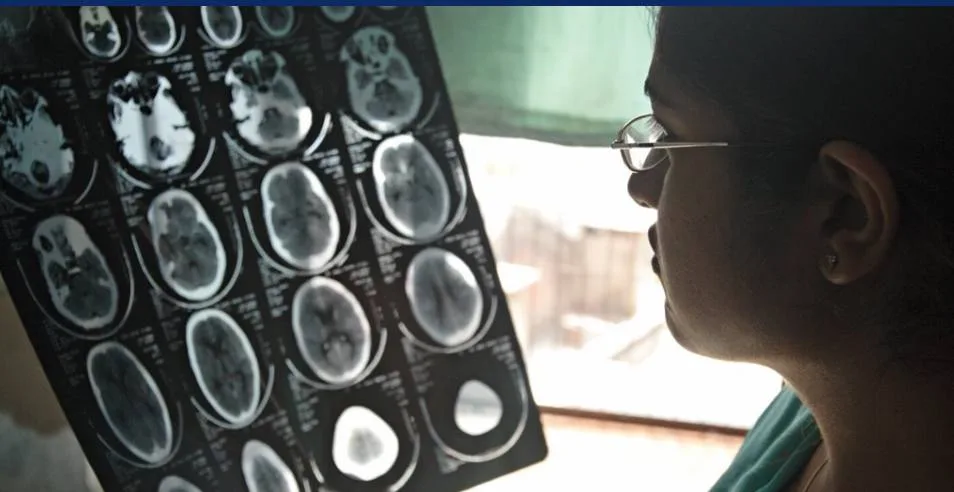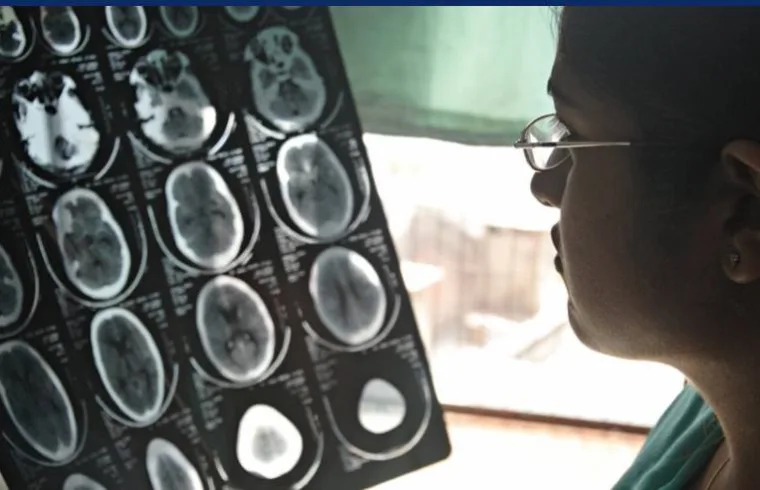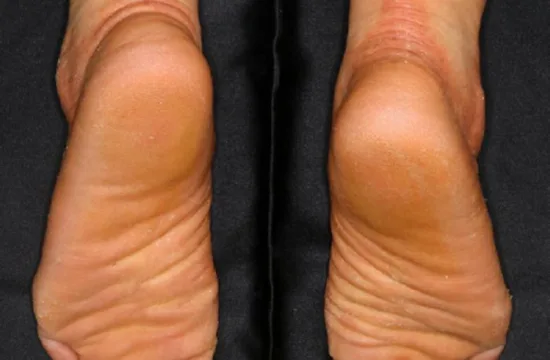
Geneva, October 27 — The World Health Organization (WHO) has issued a stark warning that fewer than one in three countries worldwide have a national policy to tackle the escalating burden of neurological disorders, which account for over 11 million deaths annually.
The findings come from WHO’s newly released Global Status Report on Neurology, revealing that neurological conditions now impact more than 40% of the global population—over 3 billion people.
The report identifies the top 10 neurological conditions contributing to death and disability as of 2021: stroke, neonatal encephalopathy, migraine, Alzheimer’s disease and other dementias, diabetic neuropathy, meningitis, idiopathic epilepsy, neurological complications linked to preterm birth, autism spectrum disorders, and cancers of the nervous system.
Despite the scale of the crisis, low-income countries face a severe shortage of neurologists—up to 82 times fewer per 100,000 people compared to high-income nations. Many lack national plans, budgets, and trained workforce to address neurological care needs.
“With more than one in three people living with brain-related conditions, we must do all we can to improve access to care,” said Dr. Jeremy Farrar, WHO Assistant Director-General for Health Promotion, Disease Prevention and Control. “Many of these conditions are preventable or treatable, yet services remain inaccessible—especially in rural and underserved areas where stigma and financial hardship persist.”
Key Findings from the Report
- Only 53% of WHO Member States (102 out of 194) contributed data to the report, underscoring limited global attention to neurology.
- Just 32% (63 countries) have a national policy on neurological disorders, and only 18% (34 countries) report dedicated funding.
- Only 25% of Member States (49 countries) include neurological disorders in their universal health coverage packages.
- Critical services such as stroke units, pediatric neurology, rehabilitation, and palliative care are often unavailable or concentrated in urban centers.
- Only 46 countries offer carer services, and just 44 have legal protections for carers—most of whom are women—leaving families unsupported and vulnerable.
- Weak health information systems and chronic underfunding of research, especially in low- and middle-income countries, hinder evidence-based policymaking.
A Roadmap for Action
In response, WHO highlights the Intersectoral Global Action Plan on Epilepsy and Other Neurological Disorders, adopted in 2022. The plan urges countries to:
- Make neurological disorders a policy priority through bold leadership and sustained investment.
- Expand access to care via universal health coverage and stronger health systems.
- Promote brain health across the lifespan through coordinated, multisectoral strategies.
- Strengthen data systems for informed decision-making and accountability.
Without urgent and coordinated action, WHO warns that the burden of neurological disorders will continue to rise—deepening global health inequalities and leaving millions without the care they need.







